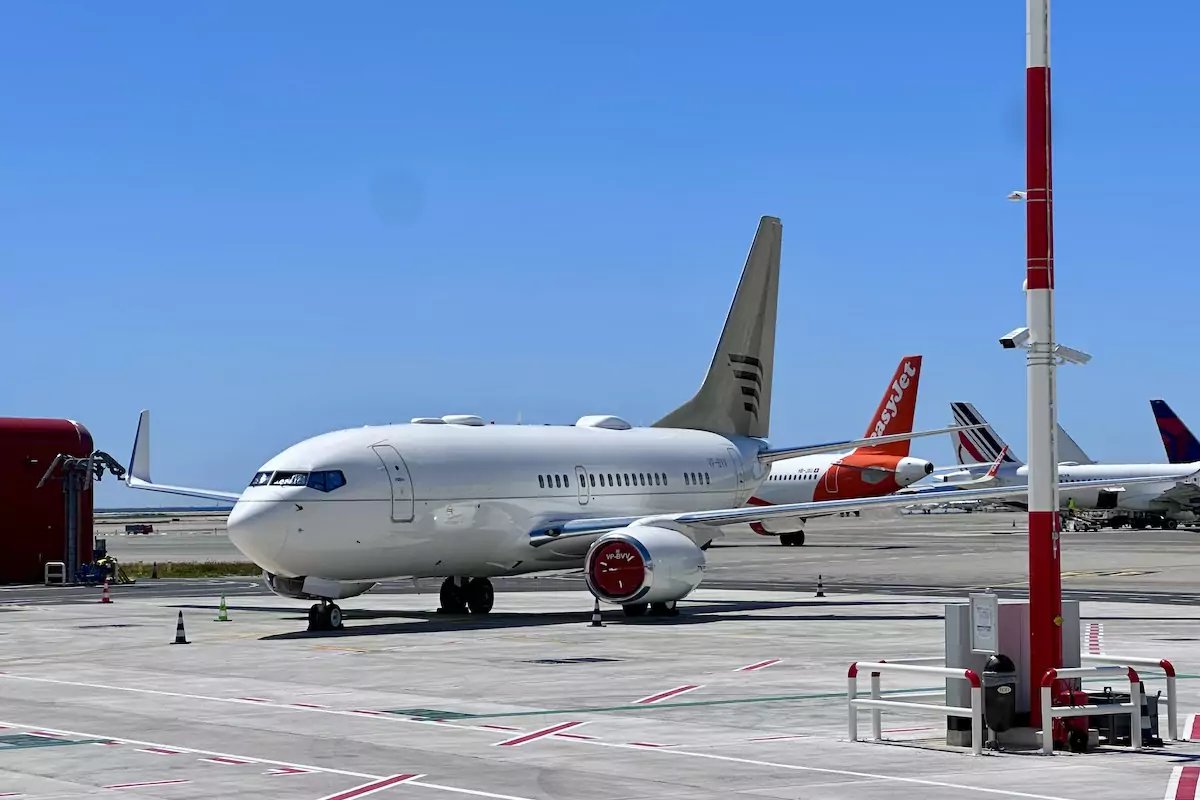Travellers heading through France’s airports on 18th September can breathe a sigh of relief, at least partially. The SNCTA, the country’s main air traffic controllers’ union, has announced the suspension of its strike notice originally planned for that date. However, the reprieve is only temporary: a new three-day strike has already been scheduled for 7th, 8th and 9th October.
The decision comes in the wake of the collapse of the Bayrou government. With the appointment of a new Prime Minister and the need to form a government, the SNCTA argued it no longer has a valid negotiating partner until the new head of the civil aviation authority (DGAC), Chems Chkioua, formally takes office on 1st October.
“The date of September 18 is no longer compatible with the possibility of bringing our demands to a successful conclusion, due to a lack of interlocutors and the necessary time devoted to them,” the SNCTA said in a statement.
This isn’t the first time political turmoil has disrupted industrial action. In June 2024, the dissolution of the National Assembly also prompted air traffic controllers to withdraw a strike notice.
What passengers should expect on 18th September
Despite the SNCTA’s suspension, other unions including UNSA and CGT have not lifted their strike calls. Disruptions therefore remain possible, particularly at Paris’s major hubs, Roissy Charles de Gaulle and Orly. The grievances are wide-ranging: inflation-driven pay demands, unresolved governance issues at the DGAC, and anger over the recent introduction of biometric badge readers in control centres.
October showdown ahead
By shifting its mobilisation to October, the SNCTA—representing around 60% of the profession—is keeping the pressure on. The union hopes the new government will have time to respond to demands, but the looming three-day strike could prove especially disruptive for French aviation.
At the top of the agenda is pay. The union argues controllers’ salaries should be indexed to inflation, just like the fees airlines already pay to fund civil aviation.
Perhaps most contentious is the compulsory rollout of biometric badge readers to monitor working hours, imposed by decree and seen by many controllers as an attack on long-standing practices. Unions argue the measure is not only heavy-handed but may also lack legal validity.
Stay updated with Monaco Life: sign up for our free newsletter, catch our podcast on Spotify, and follow us across Facebook, Instagram, LinkedIn, and Tik Tok.
Photo credit: Cassandra Tanti
